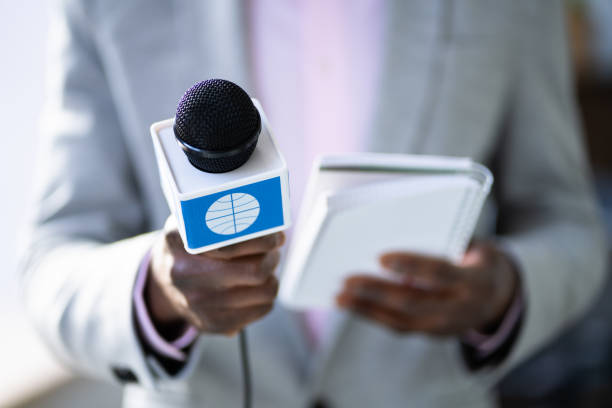
At the 2025 World Press Freedom Day event in Abuja, Nigeria announced bold steps to position itself as a leader in ethical journalism as artificial intelligence (AI) reshapes global media.
Speaking through Dr Suleiman Haruna, Director of Public Relations and Protocol, Minister of Information and National Orientation Mohammed Idris reaffirmed Nigeria’s commitment to using AI responsibly in the media sector.
“AI is transforming how we report, investigate, and inform,” Idris said. “But we must ensure these tools enhance, journalistic ethics, truth, and democracy.”
Idris revealed plans to establish a UNESCO Category 2 International Media and Information Literacy Institute at the National Open University of Nigeria (NOUN) to advance this goal. With funding approved by President Bola Ahmed Tinubu and backing from several international partners, the institute aims to become a global centre for promoting responsible media practices and critical thinking in the digital era.
Nigeria is also preparing a national policy document to guide AI utilisation in the media. It intends to balance innovation and responsibility, protecting freedom of the press without inhibiting advancement.
The Minister called for intimate collaboration among journalists, media, technology experts, policymakers, and civil society stakeholders to set ethics standards, improve AI education, increase content transparency, and improve media literacy.
“This is not a war between human beings and machines,” Idris emphasised. “It’s how human beings work with machines, always to benefit the public interest.”
Marija Peran, Resident Representative of Konrad Adenauer Stiftung (KAS), also addressed the gathering, noting that media freedom needs to be protected as AI continues to advance.
AI can enhance journalists’ creativity and efficacy, but it poses grave threats, ranging from misinformation to falling public trust,” Peran warned. As a nongovernment organisation committed to good governance and democracy, KAS encourages the media to address those challenges.”
The Abuja conference underscored the need to protect core journalistic principles in a world where technology increasingly dictates how stories are told.


















